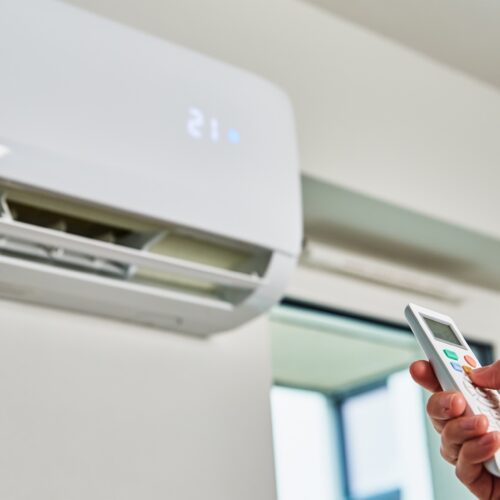
When Low Performance Signals Mini Split Replacement in St. John’s
Mini splits are a popular choice for heating and cooling homes in St. John’s. They are efficient, compact, and offer flexibility for home comfort. However, […]
Read More
Mini splits are a popular choice for heating and cooling homes in St. John’s. They are efficient, compact, and offer flexibility for home comfort. However, […]
Read More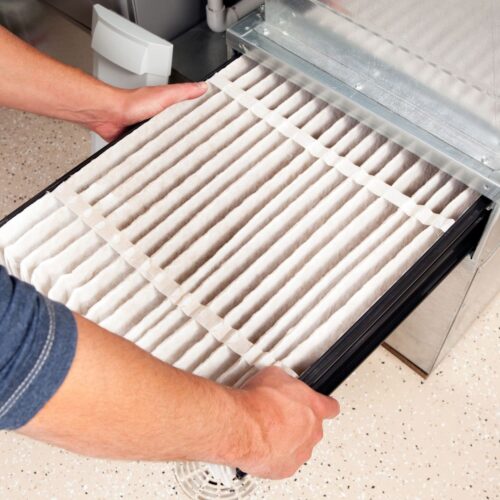
Homeowners in St. John’s know the importance of maintaining good indoor air quality, especially after a long winter. One effective solution for ensuring fresh air […]
Read More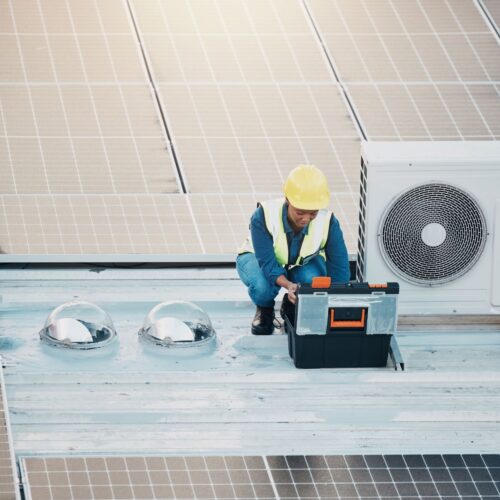
Proper airflow is a key component in ensuring your heat pump operates efficiently, providing comfort throughout your home in Paradise. When your heat pump struggles […]
Read More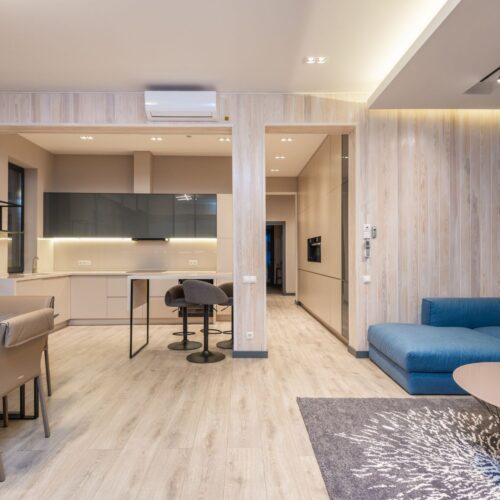
Mini split systems have become a popular choice for homeowners in Paradise due to their efficient and flexible heating and cooling capabilities. Unlike traditional HVAC […]
Read More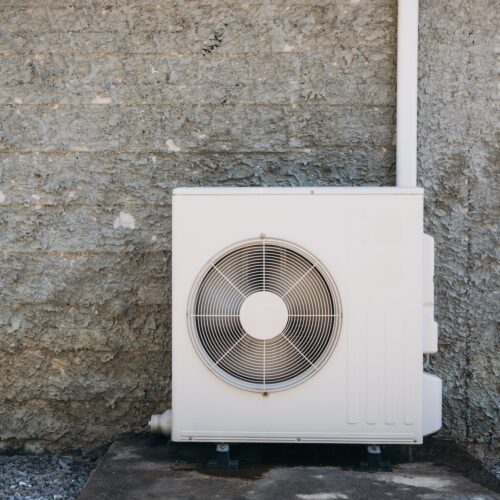
Heat pumps are a crucial component for many homes in Mt. Pearl, providing efficient and reliable heating, especially during the cold winter months. They work […]
Read More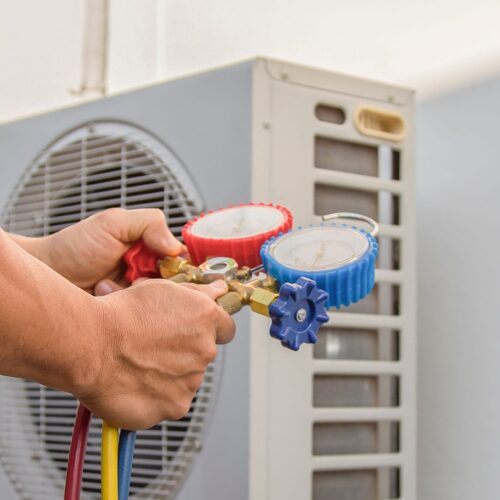
Heat pumps are an efficient solution for maintaining comfortable temperatures year-round, but like any mechanical system, they require regular maintenance to function at their best. […]
Read More